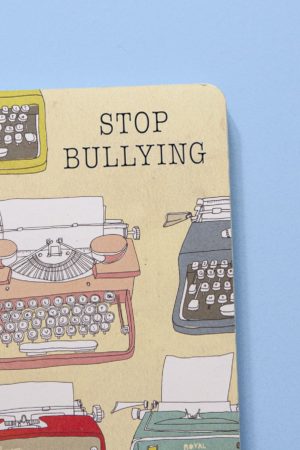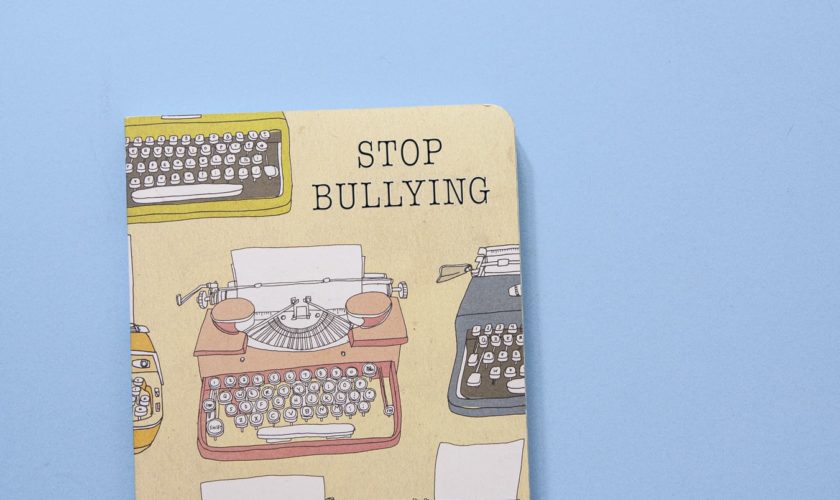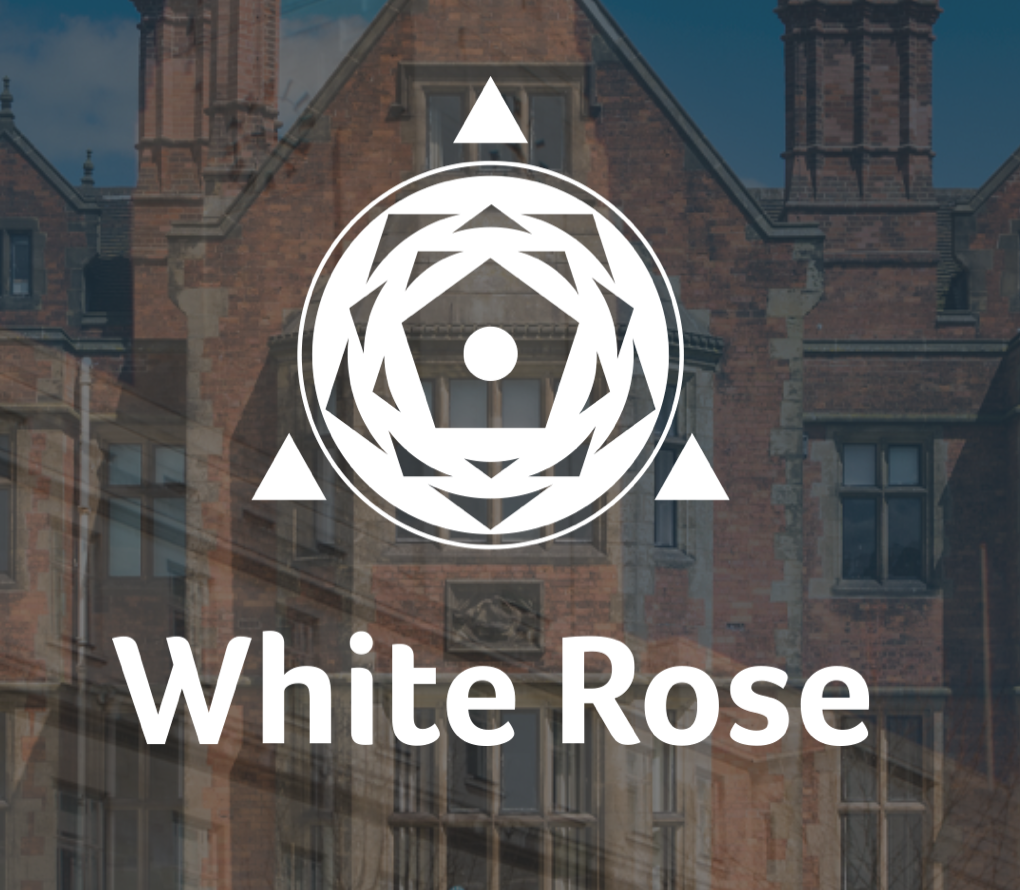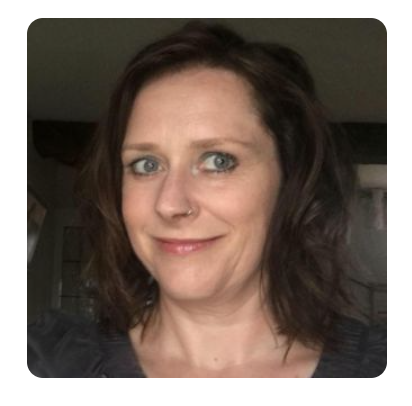NB: The Shiloh Podcast with broadcaster Rosie Dawson has episodes and webinars on the Project reported on here. Please have a listen and help us spread the word about it. Another fabulous podcast, focused on violence and the Bible is The Bloody Bible, hosted by Shiloh Project Co-Directors Caroline Blyth and Emily Colgan. It’s fabulous.
The AHRC-funded Abuse in Religious Contexts Project is well under way. As one Co-Investigator of the Project, Shiloh Co-Director Johanna Stiebert has been running a series of five workshops. The series has just concluded.
The aim of the workshops has been to gather a series of snapshots, or to ‘take the pulse’, of how abuse features in and affects different religious communities.
The first workshop (see more here) was held at the University of Leeds. One aim of this two-day event with the title ‘Researching Religions and Abuse’ was to bring together postgraduates and early career researchers who explore religion at the intersection with violence, trauma, and abuse. A second aim was to share experiences, strategies, and methodologies for investigating such difficult topics.
The second workshop, also at the University of Leeds, was entitled ‘Researching Abuse in Contexts of Buddhism’ (see more here) and was led by Ann Gleig and Amy Langenberg. This workshop focused on their soon-to-be-published research on abuse in Buddhist convert communities. This interactive event was attended by emerging and established researchers of religion and gender-based violence, including in Buddhism, new religious movements, and Sikhism.
The third workshop was held in Bristol, with postgraduates and ordinands of the Bristol Baptist College and Trinity College, Bristol. Here we explored together the secondary violence of a biblical text and the implications of texts that are both sacred and violent. This workshop applied methods explored in a toolkit for churches called Accompanying Survivors of Sexual Harm.
For the fourth workshop, project partner Yehudis Fletcher, Johanna, and four orthodox rabbis, together read, interrogated, and discussed the violent biblical text of Judges 19.
The fifth and final workshop took place in December 2023 in two community centres in Blackburn and Accrington, Lancashire. Essential to the event was facilitation by members of the community group, SAS Rights. This group regularly runs community-building and community-support events.

The group of participants in this workshop consisted of all women, the majority of whom are Muslim and British-Asian. Several have moved to Lancashire from other parts of the world – Pakistan, Zimbabwe, and Malawi. There were also some Christian women, including one who has rejected the Catholic faith in which she was raised on account of the abuse scandals, to which she was indirectly exposed, and another who said her Catholic faith is what keeps her going.

Our workshop began – appropriately, given the season! – with pulling Christmas crackers and with each participant exchanging with one other participant about their relationship with religion, and about how religion harms and heals. From there, we gradually widened out the discussion beyond pairs, eventually to the whole group (with Christmas party poppers marking highlights).
Most of the group reported finding considerable solace in their faith, privately – such as in private prayer and in the promise of divine forgiveness no matter what. All the women reported harm caused by clerical structures and leaders, as well as by other religious figures with power, including parents. All were reluctant to attributing harm to ‘religion’, opting instead for ‘culture’. While they conceded that ‘culture’ referred to structures that brought familiarity and a sense of identity, ‘culture’ also signified for them constriction and potential for and cause of harm.

The women were agreed that women are more prone to spiritual abuse than men.
After a long discussion that covered a lot of ground, we shared food, did some arts and crafts, and then took part in a Zumba class together. Everyone was included – all levels of fitness. It was joyful and bonding.

The two community centres and the activities organised by SAS Rights were remarkable spaces – very inclusive and co-operative, with a mix of ages, backgrounds, and religions.
SAS Rights organises affordable hot meals, exercise classes, learning to ride a bike classes, forums for discussion and conversation, arts and crafts, facilitation for support and safeguarding services of many kinds, professional counselling… – particularly for women from hard-to-reach communities.

Findings from the workshops and Project will be published in a volume (to be edited by Gordon Lynch and Eve Parker) under contract with Oxford University Press.
Two forthcoming Routledge Focus volumes edited by Johanna will present chapters on abuse in diverse religious contexts (Volume 1) and on the ways different religious communities resist and counter abuse (Volume 2).





























